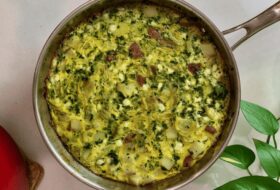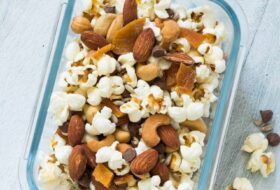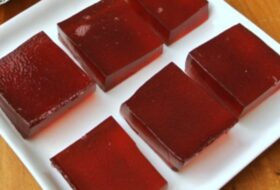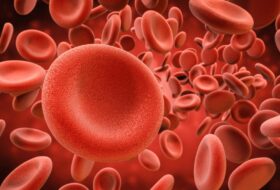Energy is fundamental to live, train and perform. Energy is the currency of life. Understanding what energy is helps us to better listen to our body’s needs … and ultimately perform better in all aspects of life. In this video Dr Kirsty Fairbairn and Rebecca Jackson discuss energy and offer insights into how an athlete might begin to understand their energy needs.
Picture this: It is the dawn of a new day. Ashleigh is feeling the effects of yesterday’s exercise and knows that today is her chance to feel better. She is tired, but still wants to give her all to this new day as she has a lot on, opportunities to be seized. Ashleigh needs energy, but what is energy and where does it come from?
Energy is fundamental to day to day living as well as any exercise you may do. Think about energy as the currency our body uses to get things done. Unlike a car that we drive and then turn off, our body never turns off. Even when you are not exercising your body works all day long. And all night long.
Energy is not just needed for exercise: there is more going on in your body, way more. Even while you sleep. All of that requires energy.

The Work Of Living
Your heart beats, your brain thinks, your kidneys filter your blood. Your liver sorts through the food you ate and sends nutrients out to your body. Your bones and muscles grow and repair. Your immune system patrols, finding where it needs to work.
In fact, all that living: eating, sleeping, studying, working and keeping your organs and body ticking along nicely; makes up 70-85 percent of your daily energy needs. Any exercise you do on top of that can make up an extra 15-30 percent of your daily energy needs (depending on how much exercise you do, of course).
Food Energy
Laughing makes us feel good. It gives us energy. But the energy we were talking about just now, needs to come from your food. We describe food energy as either calories or kilojoules, depending on where you live. It is very easy, in the Western world especially, to eat more than we need for the amount of work our body does.
When we eat too much, we have a very efficient way of storing the extra energy – as body fat. Historically, this has been really useful, ensuring the survival of the human race through long periods without food – like seasonal changes in food availability (think of remote plateaus covered in ice and snow for half the year). Food supplies run low for lots of reasons, like during a drought, or a flood, or when our ancestors would move from location to location to search for new places to live, probably to secure a better food supply.
Energy In The Modern Environment
These days, food can be everywhere around us. Cheap, energy-dense food, too. Often with very few other nutrients alongside, if any. It is a far cry from our early human hunter-gatherer days.
Now, we can eat a lot of energy really easily and it won’t cost us much in either time, effort or money. Compared to our ancestors, we move our bodies less and less. We drive instead of walk, we push buttons instead of doing physical household chores like laundry and dish-washing and we often sit all day at school or work.
When you exercise, you are boosting the amount of work you do. And it is good for you.

Energy For Growth
If Ashleigh is still growing, she needs even more energy. Growing is a demanding business, just like exercise. So if you are still growing, you are in the sweet spot of needing enough energy to grow healthy, strong bodies. Enjoy it while you can, you only get one shot to do growth well.
You don’t just need calories to grow. You have a whole body to grow, there is a lot going on in there. You need many other nutrients to grow your bones, your muscles, your brain, your liver, your blood vessels and so it goes on: all of your body. So energy dense but nutrient poor foods won’t help you grow either. Again, you want to be careful what foods you get your energy calories from.
Summary
Energy is the currency our body needs to do the work of living, alongside the demands of physical activity and growth. Keeping ourselves alive requires more energy than you might think and physical activity means we need to eat more energy from food. If you are still growing, you need even more again. Eating foods containing good quality high-fibre carbohydrates, protein and fat alongside plentiful vitamins and minerals is the best way to supply your body with the kind of energy it needs to live and perform well.
Check out our other videos and articles to help you understand more about what nutrients you need.






